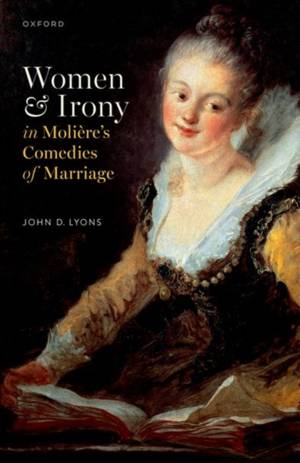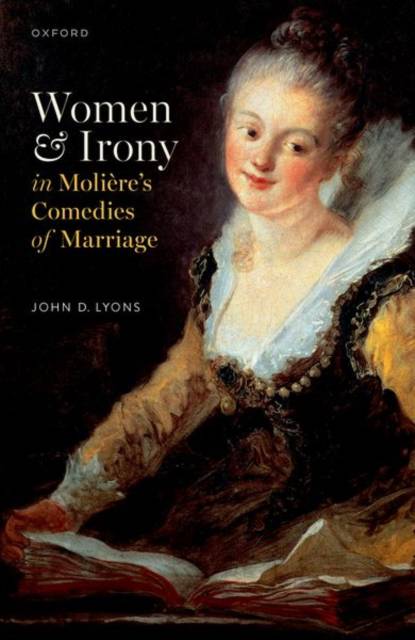
- Retrait gratuit dans votre magasin Club
- 7.000.000 titres dans notre catalogue
- Payer en toute sécurité
- Toujours un magasin près de chez vous
- Retrait gratuit dans votre magasin Club
- 7.000.0000 titres dans notre catalogue
- Payer en toute sécurité
- Toujours un magasin près de chez vous
161,45 €
+ 322 points
Description
This is a book about how Molière, France's most celebrated author of comedies, made something strikingly new out of the traditional comedy plot of thwarted courtship. Though justly celebrated for his mastery of physical comedy and farce, one of Molière's key moves was to pay attention to the way women could use language. Seventeenth-century France was a time when speaking well became exceptionally important, and in this arena women were the trend-setters. Among the most important places to display taste and social skills were the salons, gatherings presided over by women. Yet women still enjoyed little in the way of rights, particularly regarding a central decision in their lives: the choice of a husband. French regulations of marriage contracts became increasingly restrictive, largely to the detriment of women. To draw attention to their plight, women novelists and essayists presented case studies in how men and women misunderstood one another, how women were coerced to wed, how marriages could become nightmares, and how courtships could fail. Against this fraught social background Molière showed women using one of the few assets they had, their mastery of words, and in particular the rhetoric of irony, to frustrate the plans of fathers, guardians, and other authority figures. The comedies discussed here include very well-known plays such as The Misanthrope, Tartuffe, The Learned Ladies, The School for Wives and Don Juan, and also less known but revealing and thought-provoking works such as The School for Husbands, George Dandin and Monsieur de Pourceaugnac.
Spécifications
Parties prenantes
- Auteur(s) :
- Editeur:
Contenu
- Nombre de pages :
- 268
- Langue:
- Anglais
Caractéristiques
- EAN:
- 9780198887379
- Date de parution :
- 06-01-24
- Format:
- Livre relié
- Format numérique:
- Genaaid
- Dimensions :
- 163 mm x 236 mm
- Poids :
- 589 g

Les avis
Nous publions uniquement les avis qui respectent les conditions requises. Consultez nos conditions pour les avis.






